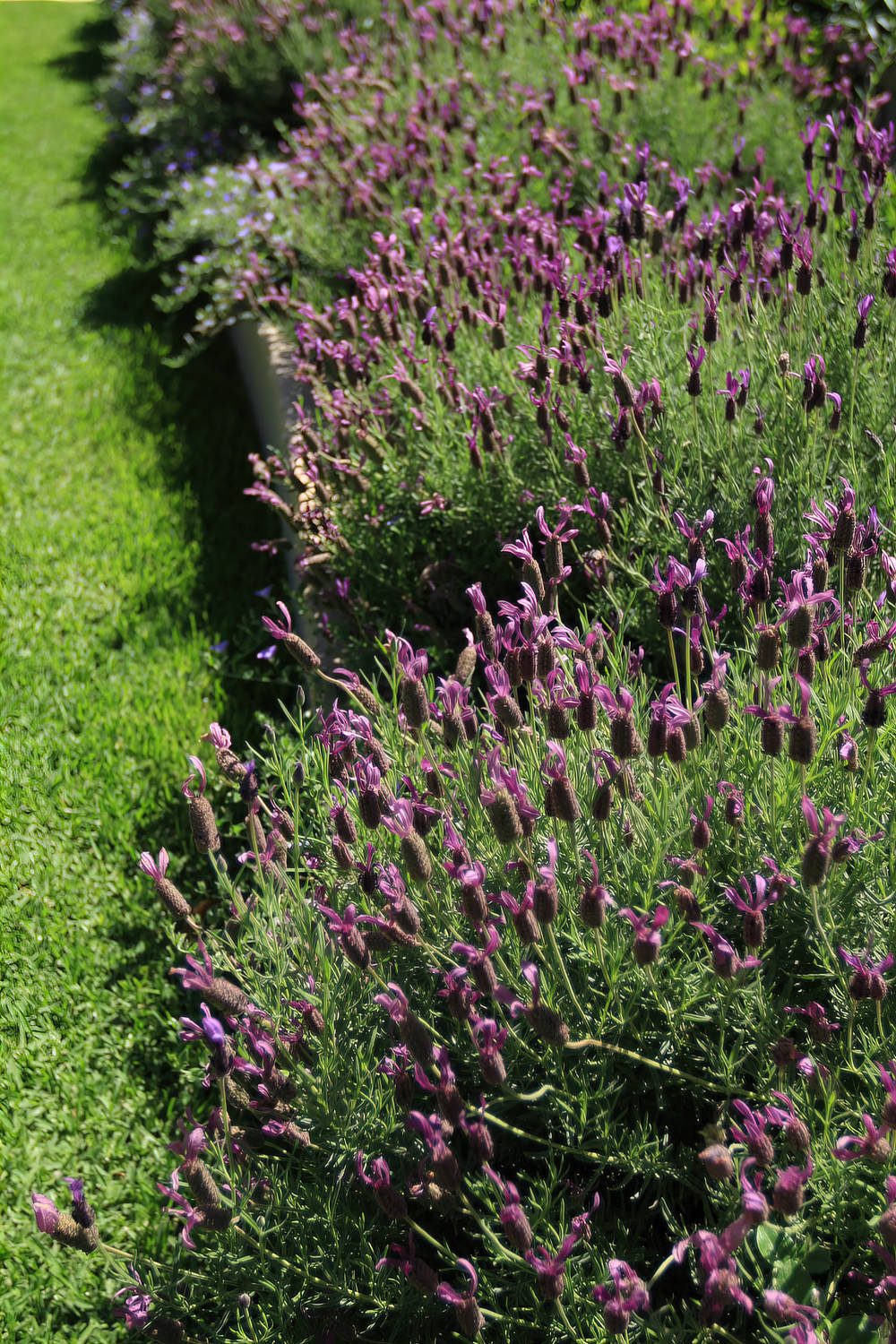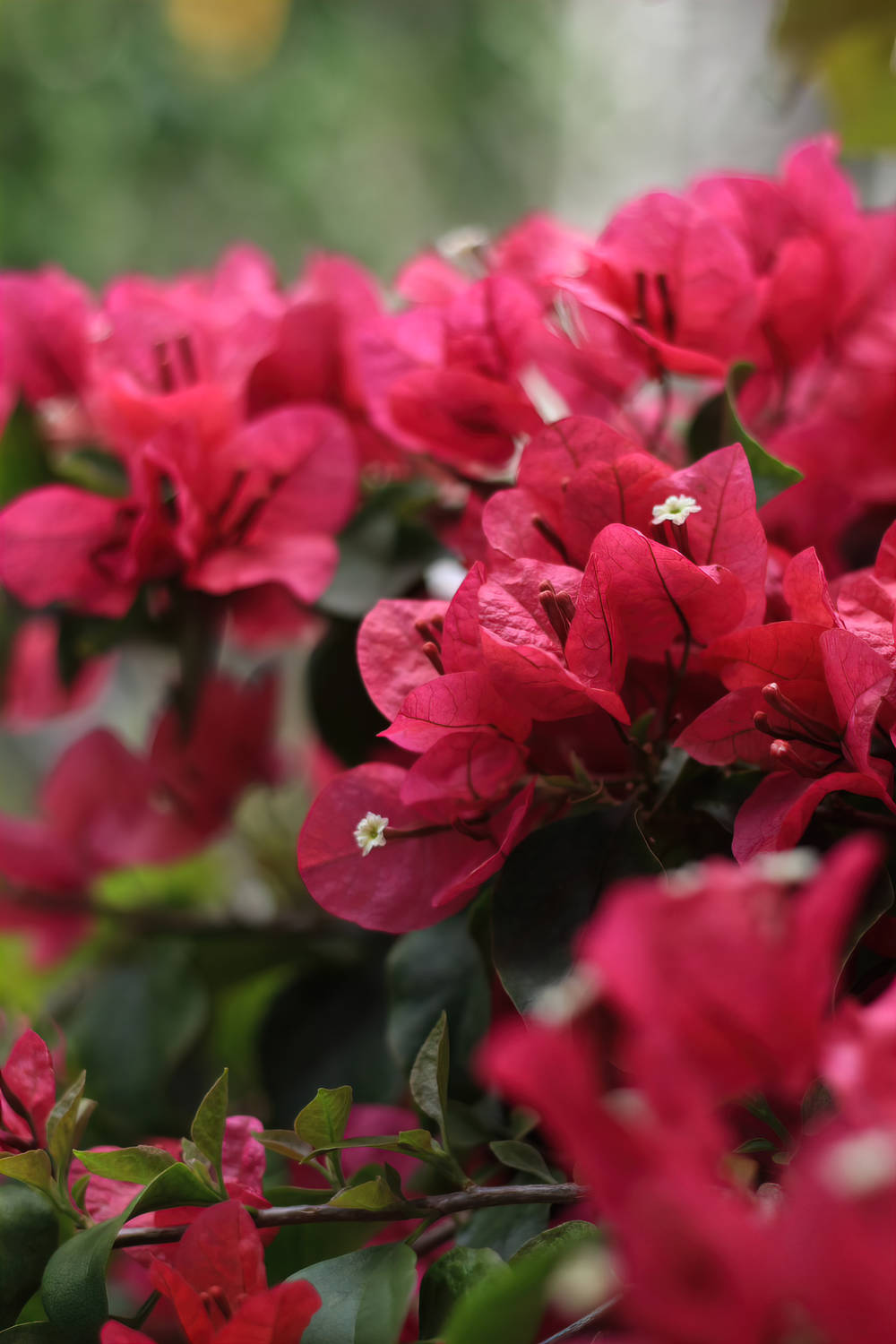Growing your own vegetables and fruits is something a lot of gardeners do, in-fact almost every garden I designed last year had a dedicated area for growing edible plants, however growing your own tonics and medicines is something I’m only just seeing a resurgence into. Of course, many modern medicines are derived from plants and in a time, long before the middle ages, areas of garden have been dedicated to medicinal plants so why not introduce some of these common plants into the garden and reap the benefits.
Now I must preface this list of plants with a disclaimer that I am in no way a Doctor or health professional, but I have used all of the plants below in the ways outlined with great effect – I suggest you always consult your GP or medial professional before embarking on ingesting copious amounts of these plants.
Comfrey is an all-round good plant for the garden as the leaves can be made into a liquid feed for your plants, simply soak them for in a bucket for 5-7 days and dilute the liquid by 4 parts water for an amazing organic food for the garden. It’s also a great compost accelerator so the leaves from the tonic can help speed up the breakdown in the compost pile or go straight in from the garden. As well as good for the garden creating a poultice and applying it to minor cuts and abrasions helps speed up recovery.
To create a poultice simply place leaves into a muslin bag or if you can’t be bothered to go and buy a muslin bag an old cotton sock will do (id wash it first!). Soak in hot water and rub the leaves together, for 1-2 minutes, breaking them down to a pulp and you are good to go.
Camomile is an excellent ground covering plant as its fragrant flowers and foliage release their scent when stepped upon so perfect for flanking a sunny garden path or seating area. The flowers can be picked and dried and used for tea as its anti-inflammatory it aids in relaxation and sleep.
Common mint is thought to bring in worms to the garden, but I think this is just because it likes a moist soil and so do worms! Mint is excellent freshly picked and made into a tea with boiling water, it aids in indigestion which is perfect coming out the back end of the festive period. Sage is also excellent to help diminish excessive gas that can be experienced especially in January! I have also noticed when I mix mint with rum in a mojito it can give you a minor headache the next day so watch out … it’s definitely the mint and not the rum!
Lemon balm is good to deter mosquitos so plant it in a sunny spot close to a seating area so it can be picked and rubbed directly onto the skin for best effects. It can also be made into a tea for fever type colds and general headaches.
Aloe vera is known for helping the relief of sun burn but you do need to grow the straight variety and not a fancy new cultivar for best results. Studies have shown aloe vera has a regenerative power that works at acellular level so the application is beneficial for skin repair and helps protect against skin cancer development.
Lavender loves the WA climate with its free draining soil and plentiful sun so mass plant in the garden for high impact, the dried flowers make pot pouri that aid in relaxation and that can be soaked in a bath for maximum effect.
Rosemary is another Mediterranean herb that is very versatile in the outdoor room, prostrate forms can be used to spill over hard edges whereas the straight shrub form if left loose can add colour and texture to a garden bed and can also be trained into topiary and hedges so it can add structure to a garden too. Health benefits of ingesting this plant include increased circulation, high desires to eat more lamb and relaxation during high times of stress.
Yarrow really is the unsung hero of the medicinal plants and can be used for almost everything! Making a tea reduces fever and increases appetite as well as being an anti-inflammatory. Creating a poultice of yarrow is excellent on cuts and abrasions too.
Adding one or a few of these plants into your existing garden beds will not only make your garden a nicer place to be but also help you to become a healthier person too.


